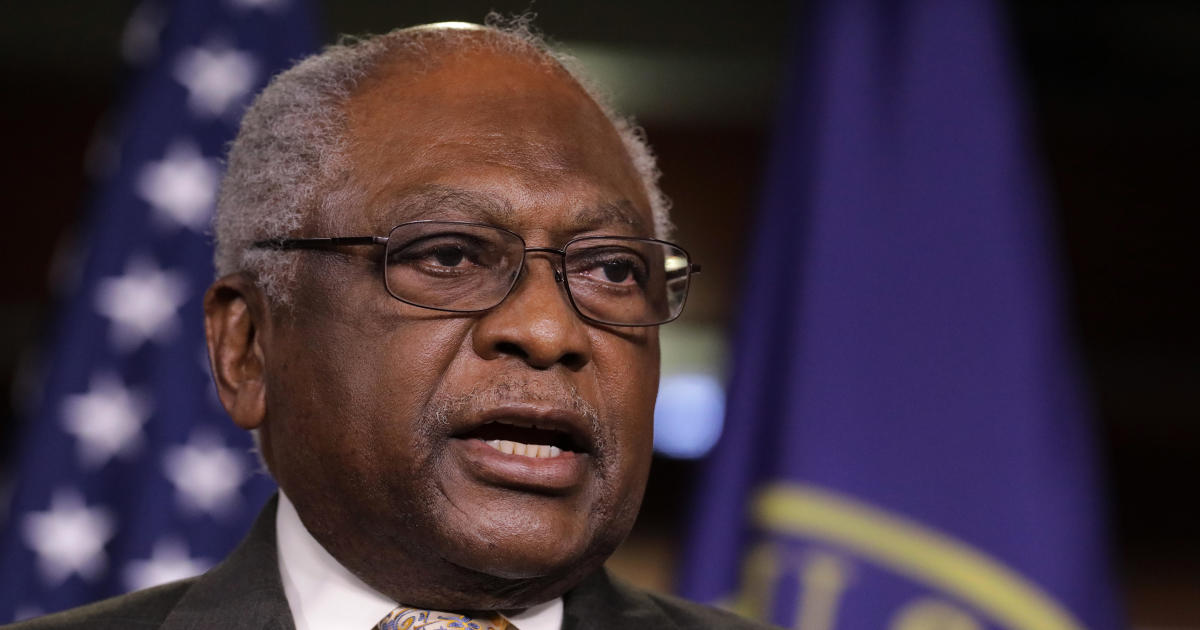The Facts
On Monday, SCOTUS agreed to hear the South Carolina Republican Party's challenge of a lower court ruling that found a congressional district was gerrymandered to exclude black voters. The case will be Alexander v. South Carolina Conference of the NAACP.
The previous three-judge panel found that a redrawing of South Carolina's 1st Congressional District, an area that includes Charleston County, was a "stark racial gerrymander," ordering the district redrawn and ruling that the state "may not use race as a predominant factor" in districting or "partisanship as a proxy for race."
The Spin
Democratic narrative
Republican legislatures dilute the voting power of African Americans due to their heavy preference for Democratic candidates. As this is part of a shameful legacy of disenfranchisement against minorities in this country, the conservative-leaning SCOTUS has the potential to further entrench this practice and give states almost free license to discriminate under the guise of "partisan gerrymandering." If the Court overturns the lower-court ruling, it would be nearly impossible to challenge racial gerrymandering and be a devastating blow to voting rights nationwide.
Republican narrative
Gerrymandering is the favorite boogeyman of Democrats when trying to discredit the electoral success of the GOP. The supposed advantages the Republicans have can readily be attributed to the sophisticated redistricting tools the GOP developed and the wide geographic distribution of Republican voters. The hard facts show that no party is getting an unfair advantage, and that redistricting is not an effective political tool. The Democrats are crying victim to a practice they themselves partake in and are asking the legal system to gift them free seats.
Establishment-critical narrative
Both Democrats and Republicans gerrymander massively, making American democracy far from fair. Election laws should change.
/cloudfront-us-east-2.images.arcpublishing.com/reuters/G3BXLVQW3NOJ7DCWHRPIEHXEQ4.jpg)

